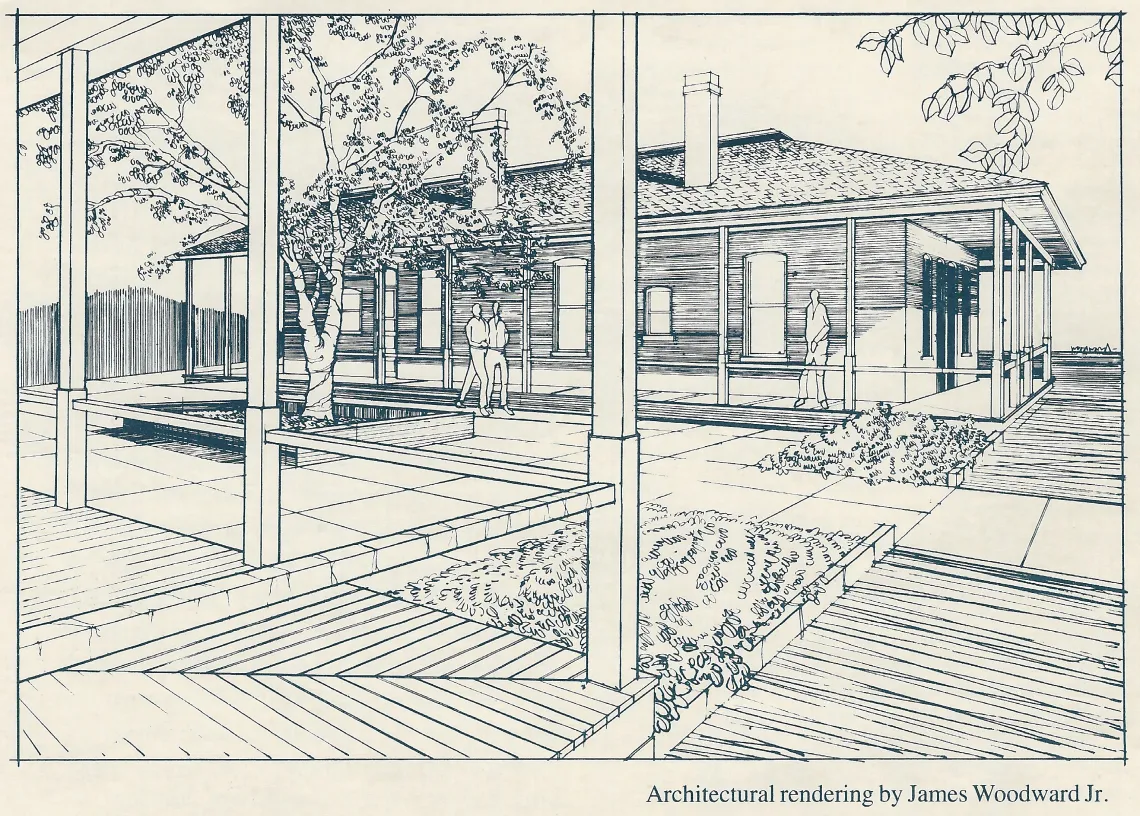The Udall Center marks 30 years!

The idea for the Center emerged from a group of UA faculty members with strong interests in public policy. The original cohort of some 60 persons established an Organizing Committee comprising 20 scholars from 20 different departments across 9 colleges. The Center began operation in mid-1988. Soon after, in 1989, it received its first of 11 grants from the Ford Foundation, for research on transboundary water governance in the twin cities of Nogales in the U.S.-Mexico border region. That effort led to the Udall’s Center’s enduring program on environmental policy—a program that has featured stakeholder involvement, information sharing, science-policy dialogues, transboundary management issues, and such contemporary concerns as water security, the water-energy-food nexus, and global groundwater governance.
Also in 1989, the Udall Center organized its first public conference whose theme was immigration. The event was titled “The Ordeal of Citizenship,” and its content centered on the prescient theme of “the myths of Mexican immigration.” The participants, who discussed the then-recent 1986 Immigration Reform and Control Act, concluded that perhaps the most mistaken myth of all was that “a legal and political boundary can separate a border area that is tied together by many strong forces.” And how relevant is that in the present context?
In 1990 the Udall Center moved to its present facilities, a pair of historically-renovated 1903 Territorial-style buildings built by Louise Foucar Marshall, the University’s first female faculty member.
The October dedication was attended by Congressman Morris K. Udall, who was in the late stages of Parkinson’s disease. It proved to be his last public event. His and his brother Stewart Udall’s careers in public service were permanently commemorated in 1992 when the U.S. Congress established the Morris K. Udall and Stewart L. Udall Foundation, a federal agency that continues to support the Udall Center’s environmental programs and its Native Nations Institute.


